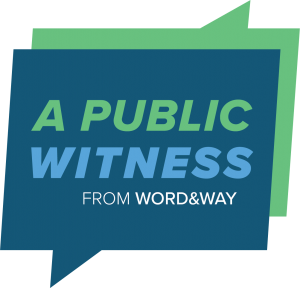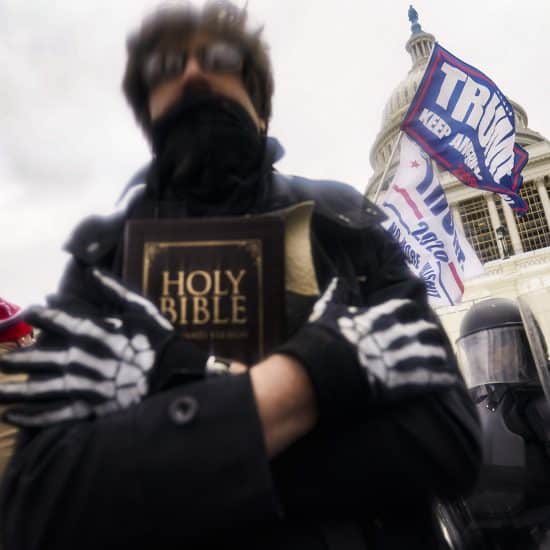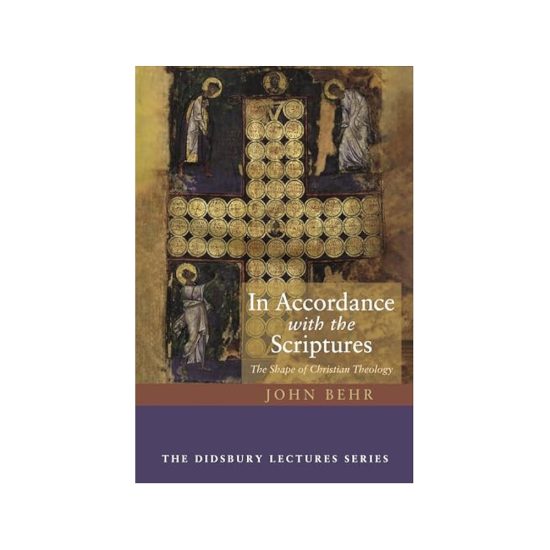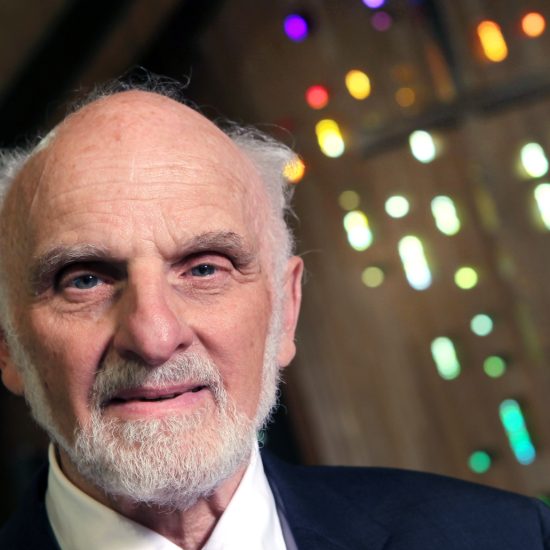
Last week, the U.S. House of Representatives voted to outlaw the New Testament.
At least that’s what some far-right politicians and activists are claiming about a bill sponsored by a Catholic Republican lawmaker and backed by Christians like Speaker Mike Johnson and Rep. Tim Walberg (a former Baptist pastor). The Antisemitism Awareness Act won bipartisan support from 390 members of the House on May 1. But for some, the effort to combat antisemitism was instead anti-Christian.
“Antisemitism is wrong, but I will not be voting for the Antisemitism Awareness Act of 2023 (H.R. 6090) today that could convict Christians of antisemitism for believing the Gospel that says Jesus was handed over to Herod to be crucified by the Jews,” argued Rep. Marjorie Taylor Greene, a Republican from Georgia who spoke at a conference organized by Holocaust denier and antisemitic commentator Nick Fuentes and has a history of pushing antisemitic conspiracy theories like claiming California wildfires were started by Jewish space lasers.
“The Gospel itself would meet the definition of antisemitism under the terms of this bill!” echoed Rep. Matt Gaetz, a Republican from Florida. “The bill says the definition of antisemitism includes ‘contemporary examples of antisemitism’ identified by the International Holocaust Remembrance Alliance (IHRA). One of those examples includes: ‘…claims of Jews killing Jesus…’ The Bible is clear. There is no myth or controversy on this. Therefore, I will not support this bill.”

Rep. Matt Gaetz (left) and Rep. Marjorie Taylor Greene at an “America First” rally in The Villages, Florida, on May 7, 2021. (Phelan M. Ebenhack/Associated Press)
Other voices quickly backed the far-right lawmakers. After rightwing commentator Charlie Kirk asked on social media if the House had just made “parts of the Bible illegal,” Tucker Carlson responded, “Yes. The New Testament.” Carlson has frequently used antisemitic tropes. Talk show host Steve Deace insisted that “this legislation absolutely risks the freedom to preach and portray the New Testament,” and he attacked the Anti-Defamation League as “an open vessel for the Spirit of the Age” for pushing the bill.
It’s not just politicians and media pundits making the claim. Some Christian leaders have added their voices to oppose the Antisemitism Awareness Act. Writing in World magazine, Al Mohler, president of Southern Baptist Theological Seminary, called the legislation “a big problem.”
“Orthodox Biblical Christianity — even the simple preaching of the gospel — could be directly targeted by this kind of language,” added Mohler, who has also claimed the enslavers who founded his seminary were champions of “biblical orthodoxy” and thus should still be honored. “For that matter, by this loose logic the entire New Testament can be targeted as hate speech — just start with the Gospel of John. It’s almost as if this definition had been constructed to serve the ends of liberal theology. It will be even more dangerous in the hands of modern secularists.”
Similarly, Ben Dunson, a visiting professor at Greenville Presbyterian Theological Seminary, argued, “The bill bans language used in the New Testament, and must therefore be opposed by all Christians.” He added, “The New Testament says things that are antisemitic according to the IHRA’s definition, and will therefore be in violation of federal anti-discrimination law whether one thinks it should be that way or not.” William Wolfe, a former Trump administration official now leading the Center for Baptist Leadership, claimed the bill “will criminalize Christianity.” Wolfe, who is active in efforts to shift the Southern Baptist Convention further rightward, criticized the SBC’s Ethics & Religious Liberty Commission for supporting the legislation. A Florida pastor announced that because of the ERLC’s support of the bill he plans to introduce a resolution at next month’s SBC annual meeting to “oppose all legislation that would designate any part of the Holy Bible as hate speech.”
The debate about the bill will likely continue as it heads to the Senate for consideration. Sen. Roger Marshall, a Republican from Kansas, already picked up the mantle of opposition, arguing, “The Holy Bible is the word of God. I believe in the sanctity of Scripture, and no person should change or alter those words. If this bill comes to the Senate floor as is, we will offer an amendment to honor the sanctity of Scripture.”
Despite these claims, most Christians in the House voted for the bill and many Christian leaders have publicly supported it. So does the bill ban the Bible or not? This issue of A Public Witness looks at the Antisemitism Awareness Act for this timely Bible study.

The rest of this piece is only available to paid subscribers of the Word&Way e-newsletter A Public Witness. Subscribe today to read this essay and all previous issues, and receive future ones in your inbox.






